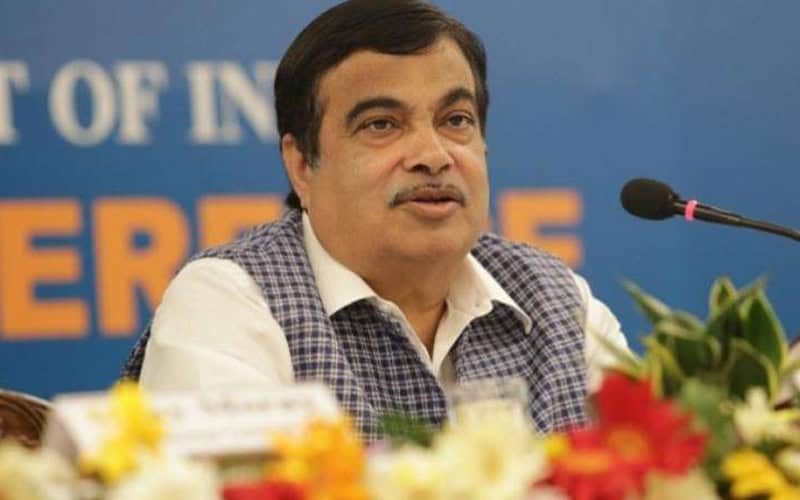Unlike the Congress, the communists or the socialists, the Bharatiya Janata Party (BJP) has rarely seen major fissures.
Occasionally, a person may have become involved in political feuds within the party, as was Balraj Madhok, who was the president of the Jan Sangh, the BJP’s earlier avatar. But such ruptures were few and far between in the saffron camp whereas the Congress, the communists, and the socialists had split more than once.
The reason why the Jan Sangh and the BJP escaped such break-ups was that the former was never a major party, has always been on the sidelines of national politics and, therefore, never seriously felt the pulls and pressures of ideological and organizational competitions with rival outfits.
As for the BJP, it is only now that it has emerged as a formidable force, mainly in northern and western India, and is still gingerly feeling its way elsewhere which includes suppressing some of its basic tenets relating to lifestyles.
The first major shock which the BJP experienced was when the Hindutva activists brought down the Babri Masjid in 1992, which is believed to have made Atal Bihari Vajpayee, one of the party’s tallest leaders at the time, contemplate resignation.
But the storm passed, making a party stalwart, Vijayraje Scindia, note with relief and satisfaction that the BJP did not split.
Since then, even as the party’s footprints have increased, those of its opponents have shrunk, viz. of the Congress and the communists, while the socialists have virtually disappeared.
The year 2014 marked the BJP’s rise to the top of the mountain. But, now, suddenly, after several electoral setbacks, there are signs that it may not be able to stay there for long.
Not surprisingly, there are hints of disquiet among the BJP’s allies, leading to patchwork repairs as in Bihar, where the party succeeded in smoothing the ruffled feathers of the Lok Janshakti Party.
But it could not prevent another ally, the Rashtriya Lok Samta Party, from leaving for the rival United Progressive Alliance.
Meanwhile, the ever-resentful Shiv Sena, which formally remains an ally, has continued to needle the BJP, this time over the Rafale deal by echoing the Congress’s line.
But these rumbles may have been dismissed as typical of responses when Big Brother appears vulnerable. But what is a great deal more significant than what the allies say or do are some of the observations of the Union Minister for Road Transport and Highways Nitin Gadkari, which look like a direct attack on the party bigwigs?
For instance, his view that elections cannot be won by someone merely because he speaks well cannot but be interpreted as criticism of none other than Prime Minister Narendra Modi himself, whose oratorical skills have become something of a lifeboat for the BJP for navigating troubled waters.
However, the fact that Modi’s rhetorical flourishes were not of much help to the party in Karnataka, Rajasthan, Madhya Pradesh, and Chhattisgarh recently have not escaped the attention of political observers.
If Gadkari is saying that eloquence is not enough to cross the electoral Rubicon, it may be because he believes that others in the party are not playing their part.
For instance, he has said: “If I am the party president and my MPs and MLAs are not doing well, then who is responsible? I am.” The dig is too clearly aimed to need elucidation.
In addition, his opinion that the views of juniors have to be factored in and that “people must have collective spirit” is again a barb at the persons in organizational positions.
But even more than this not-too-veiled criticism, what was noteworthy was Gadkari’s reference to the country’s pluralist ethos, which runs counter to the BJP’s homogenizing outlook based on a Hindu agenda.
By saying that India’s reputation as a tolerant country has attracted migrants to come and settle down, Gadkari has expressed a view which has little in common with Veer Savarkar’s concept of outsiders as “aliens” and M.S. Golwalkar’s preference for the status of second-class citizens for them.
But perhaps what is most suggestive of Gadkari’s distinctive line of thinking was his laudatory references to Jawaharlal Nehru, the man the BJP loves to hate at the moment.
Gadkari’s comments have naturally set off speculations about his motive. It has been said, for instance, by former BJP leader, Yashwant Sinha, that the Union minister is positioning himself as a person who can take Modi’s place in a coalitional arrangement in case the BJP does not get a majority of its own, as is generally believed.
By posing as a kinder, gentler person, Gadkari may be more acceptable to the old and new allies in a post-general election scenario.
He has two plus points. One is his proximity to the Rashtriya Swayamsevak Sangh (RSS), which will keep his critics in the BJP at bay, and the other is his reputation for efficiency, which has been amply demonstrated in the highway constructions and other infrastructural developments under his aegis.
For analysts, the expected ups and downs at personal levels in the coming weeks and months may well represent the mainstreaming of the BJP from being a rigid, sectarian outfit.
[source_without_link]IANS[/source_without_link]

